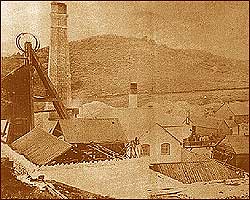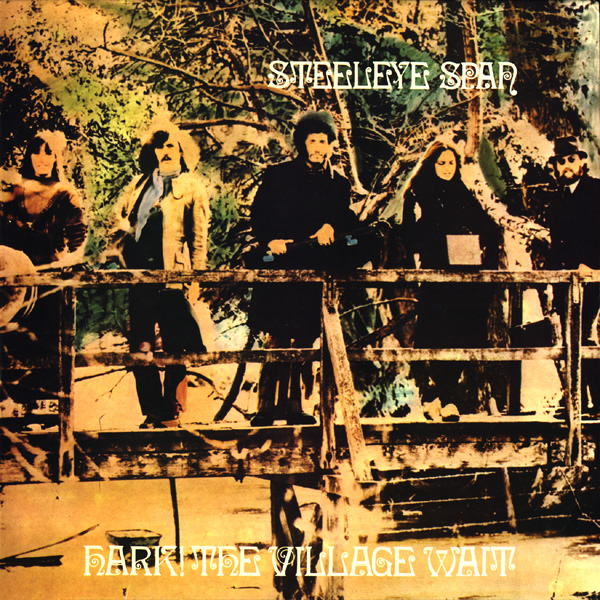|
Down In The Drift

|
| Tankerville Mine, Shropshire, in about 1870 |
The Blackleg Miner
It's in the evening after dark,
When the blackleg miner creeps to
work,
With his moleskin pants and dirty shirt,
There goes the blackleg miner!
Well he grabs his duds and down he goes
To hew the coal that lies
below,
There's not a woman in this town-row
Will look at the blackleg miner.
Oh, Delaval is a terrible place.
They rub wet clay in the blackleg's
face,
And around the heaps they run a foot race,
To catch the backleg miner!
So, dinna gang near the Seghill mine.
Across the way they stretch
a line,
To catch the throat and break the spine
Of the dirty backleg miner.
They grab his duds and his pick as well,
And they hoy them down the
pit of hell.
Down you go, and fare you well,
You dirty blackleg miner!
Oh, it's in the evening after dark,
When the blackleg miner creeps
to work,
With his moleskin pants and dirty shirt,
There goes the blackleg miner!
So join the union while you may.
Don't wait till your dying day,
For
that may not be far away,
You dirty blackleg miner!
[Trad. Arr. Steeleye Span]
It is strange that a song as powerful and as singable as this should be so rare, yet it has only once been
collected, from a man in Bishop Auckland, County Durham, in 1949. Seghill and Seaton Delaval (presumably the Delaval mentioned
in the song) are adjacent mining villages about six miles north of Newcastle-upon-Tyne, but it is difficult to date the song
due to the innumerable mining strikes which have occurred. It is, however, interesting as much as it illustrates the violent
hatred felt by the `union' men towards the blacklegs. Ashley Hutchings: ``This is the most modern traditional song on the album, possibly dating from the early part of the 20th Century, and is
sometimes sung by singers from Northumberland. I believe it was suggested by Tim (Hart).''
Steeleye Span recorded this song for their first album,

|
 |
|
a now closed coal mine in Kent
and the subject of a song
from the Meridan television series
Ridgeriders
and the subject of a page
on our Ridgeriders
website
a 1934 coalmine explosion
in North Wales and the
subject of a song
by The Albion Band
|
 |
 |
 |
|
|
 |
 |
 |
|
|
|

